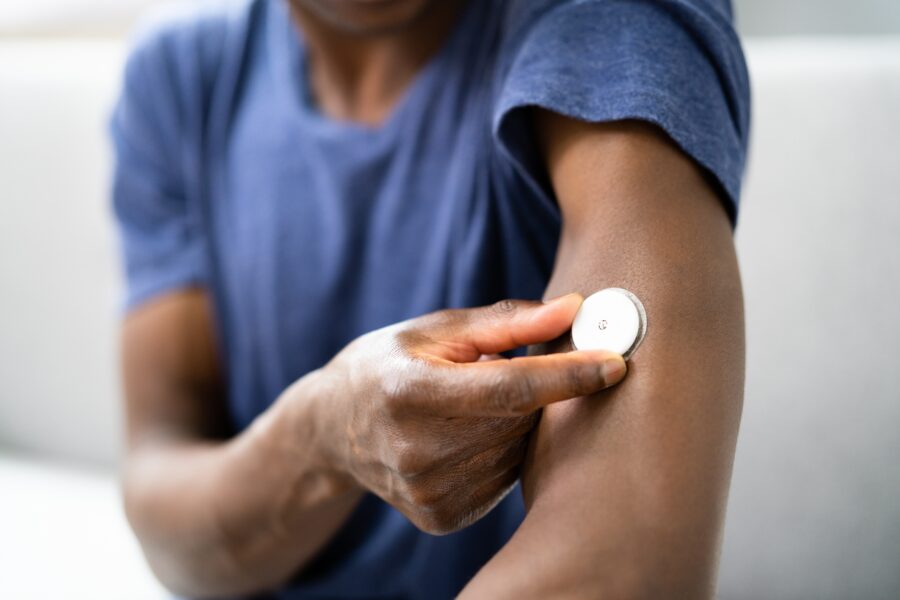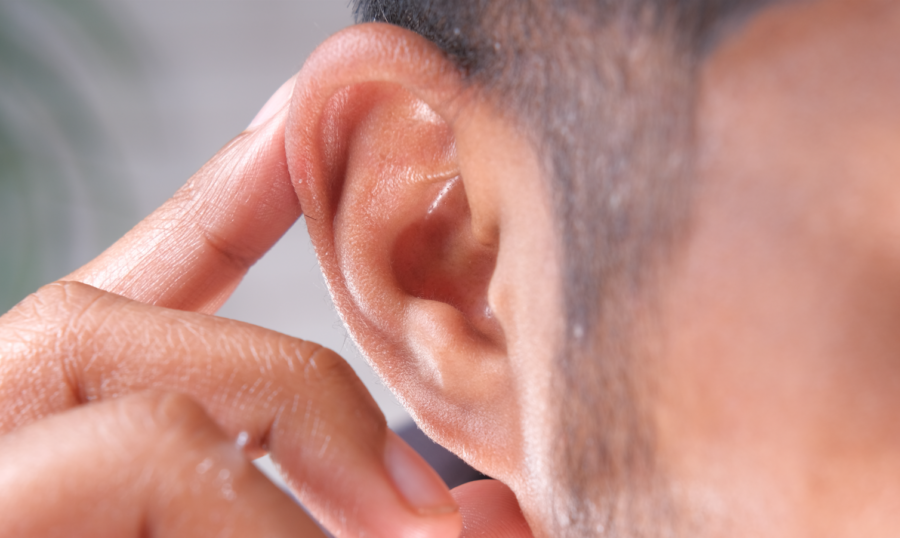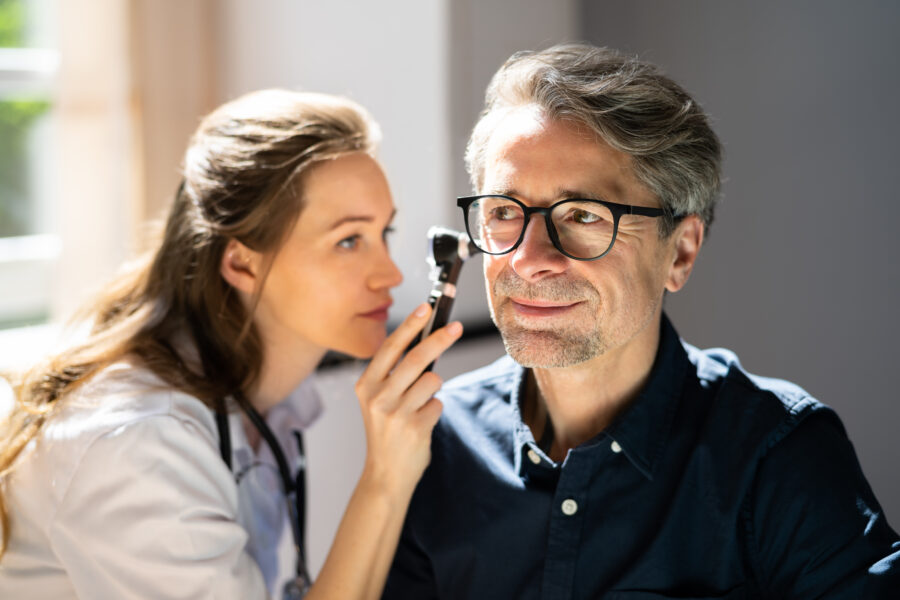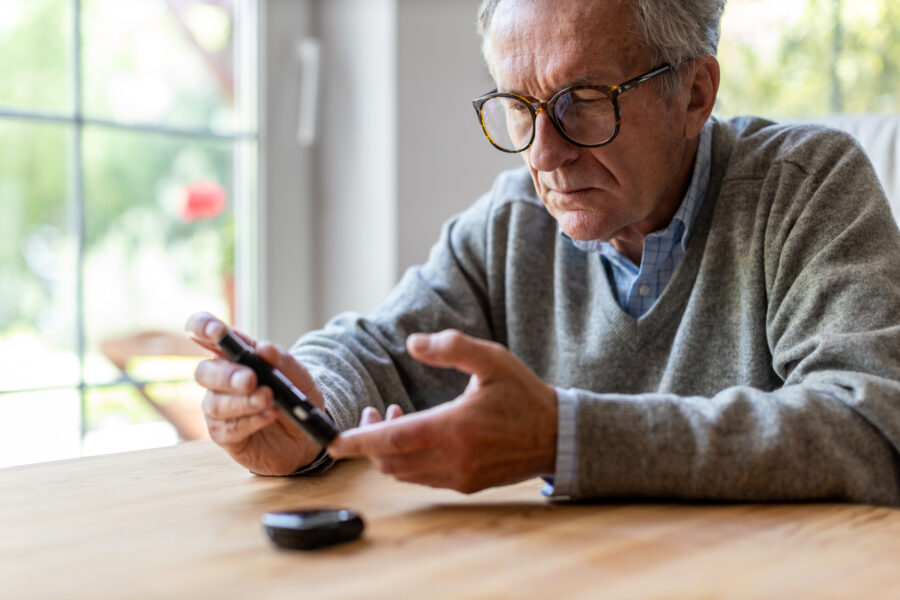Blog post
The Link Between Diabetes and Hearing Loss
Studies have shown that hearing loss is approximately twice as common in adults with diabetes as compared to those without the condition.

How does diabetes cause hearing loss?
The precise reasons behind diabetes-related hearing loss aren’t yet 100% clear, but it's apparent that all our senses, including our ability to hear, depend on strong blood flow and well-functioning nerves, both of which can be affected by diabetes.
Low blood sugar levels can disrupt nerve signals that transmit sound from the ear to the brain, potentially leading to hearing difficulties.
High blood sugar levels, for instance, can lead to ruptured blood vessels within the cochlear, a critical part of the inner ear. This damage can significantly disrupt the operation of the ear's sound system, resulting in noticeable hearing loss.

Can hearing loss caused by diabetes be reversed?
Hearing loss caused by diabetes is typically not reversible, but it is essential to understand that the progression of hearing loss can vary from person to person.
Hearing impairment resulting from diabetes is often associated with damage to the delicate structures of the inner ear due to high blood sugar levels and circulatory issues. Once this damage occurs, it is generally permanent.
However, there are strategies to manage and mitigate the impact of diabetes-related hearing loss:
- Control blood sugar levels: Maintaining tight control of your blood glucose levels is crucial in preventing further hearing loss. By following your healthcare provider's recommendations and keeping your blood sugar within a target range, you can help slow down or prevent additional damage to your hearing.
- Hearing aids: Hearing aids are a valuable resource for managing hearing loss caused by diabetes. These devices can significantly improve your ability to hear and communicate, enhancing your overall quality of life. A hearing specialist can assess your specific needs and recommend suitable hearing aids.
- Cochlear implants: In some cases of severe hearing loss, cochlear implants may be an option. These electronic devices can provide a sense of sound by directly stimulating the auditory nerve. However, their suitability depends on individual factors and should be discussed with a hearing healthcare professional.
- Regular monitoring: Regular monitoring of your hearing is essential. Annual hearing assessments can help identify changes in your hearing abilities and guide appropriate interventions to manage any decline effectively.
It's important to consult with a hearing healthcare specialist or audiologist if you are experiencing hearing difficulties related to diabetes.

What should I do if I suspect I might have hearing loss?
If you have diabetes and are concerned about your hearing, there are resources available to you. You can start by trying our online hearing test, which is a convenient and free way to check your hearing abilities.
However, for a comprehensive evaluation and personalised care, it's recommended that you make an appointment with a hearing specialist. Our dedicated hearing specialists here at OutsideClinic are well-equipped to assist you in managing your hearing health and addressing any concerns you may have.
While reversing diabetes-related hearing loss is typically not possible, there are effective ways to manage the condition and enhance your overall quality of life.



